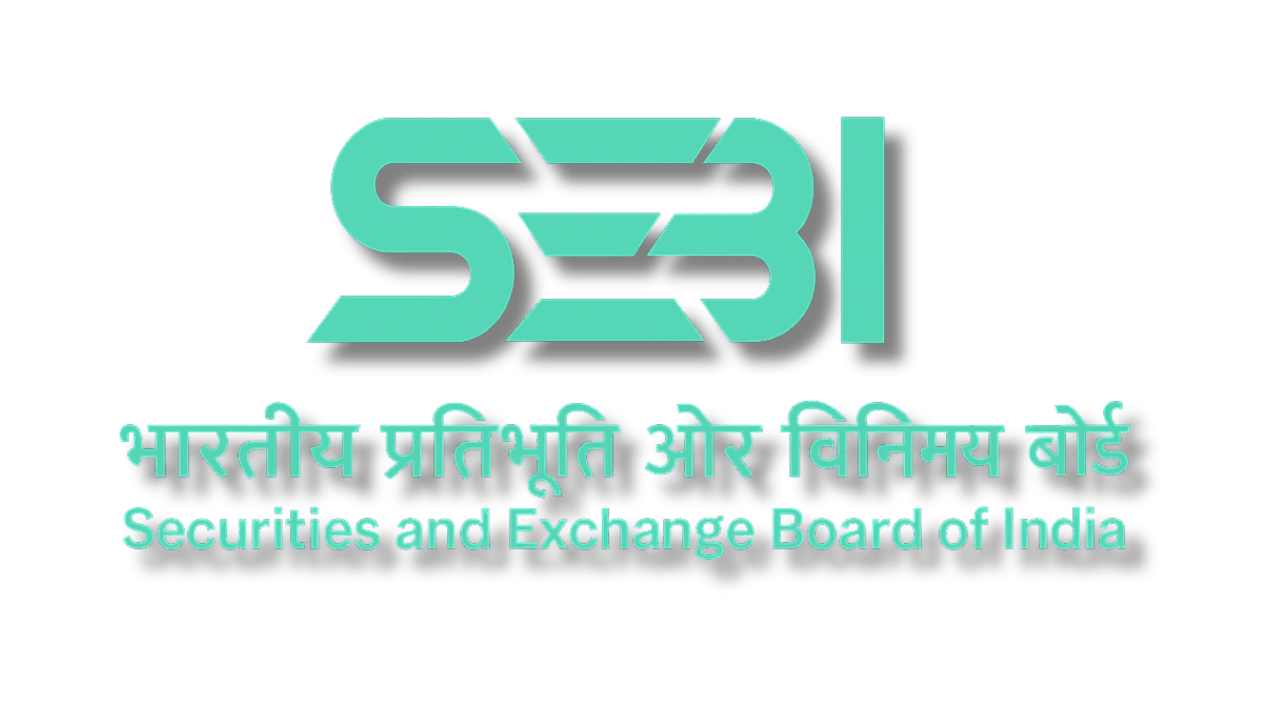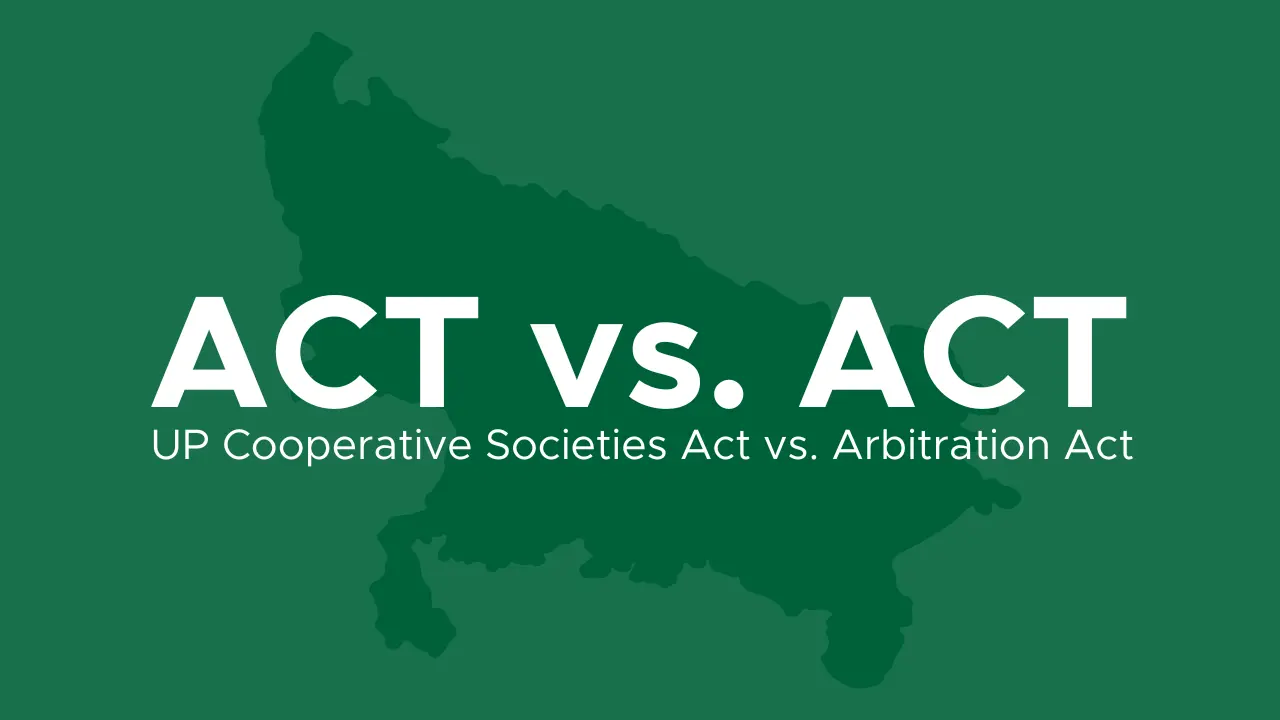Introduction
The Securities and Exchange Board of India (“SEBI”) has notified the SEBI (Listing Obligations and Disclosure Requirements) (Third Amendment) Regulations, 2025 on 8 September 2025, introducing significant changes to the compliance framework under the SEBI (Listing Obligations and Disclosure Requirements) Regulations, 2015 (“LODR Regulations”). These amendments mark a continued effort by SEBI to enhance transparency, strengthen investor protection, and deepen accountability in the securities market, particularly in relation to corporate actions and the Social Stock Exchange framework.
Key Amendments
- Mandatory Dematerialisation for Corporate Actions
The new Regulation 39(2A) introduces a crucial rule: any issuance of securities resulting from a Scheme of Arrangement, subdivision, split, or consolidation must be exclusively in dematerialised form. This amendment effectively closes a major loophole that previously allowed new securities from these corporate actions to be issued in physical form, which carried risks like fraud and loss.
- Investor Protection: For investors who haven’t yet opened a demat account, the regulations mandate that the listed entity must open a dedicated demat account for them. This ensures that no investor is left behind while SEBI pushes its dematerialisation agenda. This measure is a key part of SEBI’s broader strategy, which began in 2018, to digitise the Indian securities market.
- Strengthened Disclosure Framework for Not-for-Profit Organisations (NPOs)
To align with statutory timelines and enhance reporting consistency, Regulation 91C has been amended with new, specific deadlines for NPOs on the Social Stock Exchange (SSE).
- Financial Disclosures: NPOs must now submit their financial disclosures by October 31st or the due date for their income-tax return, whichever is later. This synchronises financial reporting with existing tax compliance cycles.
- Non-Financial Disclosures: Disclosures covering qualitative and social impact parameters must be submitted within 60 days of the financial year-end. This dual-deadline structure provides a clearer, more predictable reporting schedule for social enterprises.
- Enhanced Impact Reporting for Social Enterprises
SEBI has also introduced stricter accountability measures for Social Enterprises through the amended Regulation 91E.
- Mandatory Impact Assessment: Impact reports for listed projects must now be conducted by certified Social Impact Assessors. This move professionalises the impact evaluation process.
- Self-Certification: Projects that are not listed may still be self-certified, striking a balance between rigorous oversight and operational flexibility.
- Program Expenditure Threshold: Annual impact reports are now required to show that at least two-thirds (67%) of the preceding financial year’s program expenditure resulted in a measurable social impact. This ensures that the majority of funds raised are directed toward genuine social objectives.
- Active Registration Mandate: NPOs registered on the SSE but failing to raise funds are now required to have at least one listed project within two years of their registration. Failure to do so will result in their registration lapsing, which is a significant step toward discouraging dormant or non-compliant registrations.
- Omission of Certain Provisos in Schedule VII
The removal of certain provisos in Schedule VII further simplifies disclosure requirements, promoting uniform standards and transparency across the board. In essence, SEBI is streamlining compliance while simultaneously tightening oversight. These amendments underscore a clear message from the regulator: transparency, accountability, and investor protection are paramount. Listed entities and social enterprises must now adapt their strategies and compliance frameworks to meet these heightened expectations.
Broader Context and Implications
These regulatory changes should be understood within the context of SEBI’s broader, strategic policy initiatives.
Dematerialisation Drive: Since 2018, SEBI has consistently pursued the goal of dematerialising securities to mitigate the risks associated with physical certificates. The current amendment is a crucial step that resolves lingering issues related to corporate actions, thereby completing this transition.
Evolution of the Social Stock Exchange: The framework for the Social Stock Exchange, which was established in 2020 and became operational in 2022 to attract capital for social enterprises, is now maturing. The 2025 amendments are a direct response to practical challenges encountered, such as the need to stimulate active fundraising, ensure the credibility of impact reports, and prevent the registration of inactive or dormant entities.
Conclusion
The Third Amendment Regulations, 2025 marks a significant enhancement of the compliance framework under the LODR Regulations. As a result, listed entities must now strictly adhere to the mandatory dematerialisation of securities. Similarly, Not-for-Profit Organisations and social enterprises on the Social Stock Exchange are required to re-evaluate their disclosure processes, impact measurement tools, and fundraising approaches.
These changes demonstrate SEBI’s strong commitment to fostering greater investor protection, transparency, and accountability across the market. Consequently, all entities should strengthen their internal compliance systems, collaborate closely with depositories and impact assessors, and restructure their projects to fully align with these new, more stringent regulatory requirements.
Expositor(s): Adv. Archana Shukla






